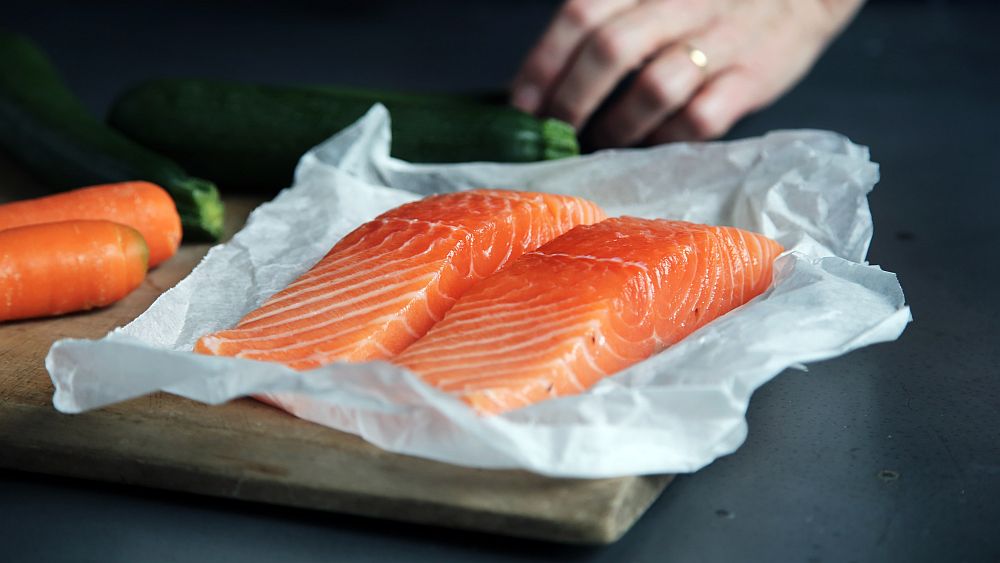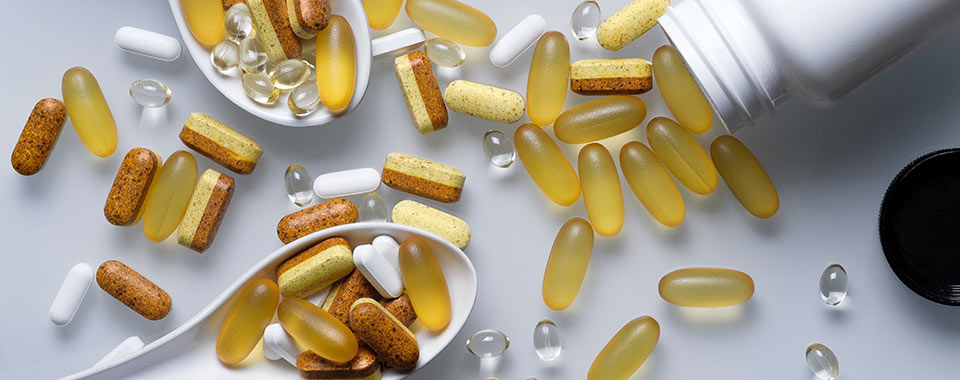‘It’s not what you say; it’s what people hear.’
Every politician knows this.
But the FDA did not. And so fish-phobia started in 2004.
Thank you, FDA.
In 2004, FDA released an advisory that warned pregnant women to cut back on some types of fish. Read the whole advisory here.
Even though the FDA’s heart was in the right place, the TV-watching public got a different and unintended message: Avoid fish – it has mercury.
Of course, evening TV news scared viewers with lead-ins like “Does that fish on your plate have dangerous Mercury!?”
That’s simply too bad.
The result was that more than half of all pregnant women began avoiding seafood like it was poison. Fetus and growing infants need a lot of DHA to properly develop their brains and eyes.
Now, we know better – that the benefits of getting Omega-3 far outweighs the risk from ingesting traces amounts of mercury.
More than 60% of the brain is fat. And most of that is DHA.
A Generation of Dummies
Thanks to this fish-phobia we’ve created a generation of children who are Omega-3 deficient since conception.
Could we have created a generation of dunces? I really hope not.
The Cost of Fish-phobia:
Children of women who avoided seafood during pregnancy had kids with 8 less IQ points.
That’s a lot!
But mercury also lowers your IQ points, you say. True. Kids of mother’s who ate mercury-laden foods had 1 less IQ point.
So if you’re pregnant, eat seafood or take molecularly distilled Omega-3 supplements.
Fish oil supplements have many orders of magnitude less mercury than fish itself. This is because methyl mercury, the kind of mercury we’re talking about, is not soluble in fats and oil. So it is naturally eliminated while the oil is extracted from fish.
In the meantime, use this guide below to choose the right types of fish.
Mercury Levels in Fish & Seafood
LOW |
MEDIUM |
HIGH |
VERY HIGH |
| Arctic Cod | Bass | Bluefish | King Mackerel |
| Anchovies | Carp | Gulf Mackerel | Marlin |
| Catfish | Alaskan Cod | Grouper | Orange Roughy |
| Clam | Croaker | Spanish Mackerel | Shark |
| Crab (US Grown) | Halibut | Atlantic Salmon | Swordfish |
| Crawfish | Lobster | Chilean Seabass | Tilefish |
| Flounder | Mahi Mahi | Yellowfin Tuna | Big Eye Tuna |
| Haddock | Monkfish | Blue Tuna | Ahi Tuna |
| Herring | Perch | Albacore Tuna | |
| Atlantic Mackerel | Sablefish | ||
| Mullet | Skate | ||
| Pollock | Snapper | ||
| Salmon | Skipjack Tuna | ||
| Sardine | Sea Trout | ||
| Shrimp | |||
| Pacific Sole | |||
| Squid | |||
| Tilapia | |||
| Trout | |||
| Whitefish | |||
| Whiting | |||
| Oyster | |||
| Scallop |
Source: Natural Resource Defense Council, 2006.
Selenium Helps Your Body Remove Mercury
Taking enough Selenium will help your body naturally eliminate mercury. Brazil nuts are excellent source of dietary selenium. *
Conveniently, seafood is a good source of selenium. So is beef liver and turkey. Or you can take 200 mcg of Selenium as a supplement.
* These statements have not been evaluated by the Food and Drug Administration. This product is not intended to diagnose, treat, cure, or prevent any disease.



Is DHA in squid oil better than fish oil or krill oil?
Hi Shantala – DHA is critical and it’s best obtained from eating fish a few times a week. That’s the first thing to keep in mind. If that’s not likely, then focus on getting it from any RELIABLE and CLEAN source. Algae is good. So is fish. Krill oil has very little DHA or other Omega-3s. Squid oil is not a reliable/clean source in my opinion. To answer your question, no, I do not think squid oil is better than fish or krill oil.